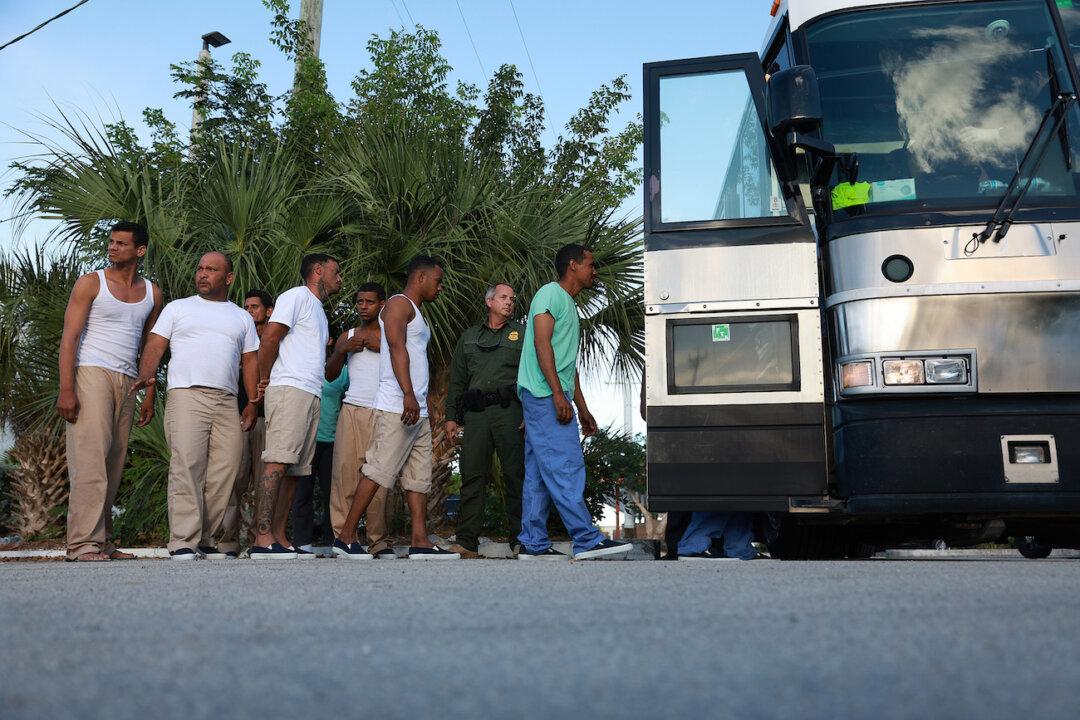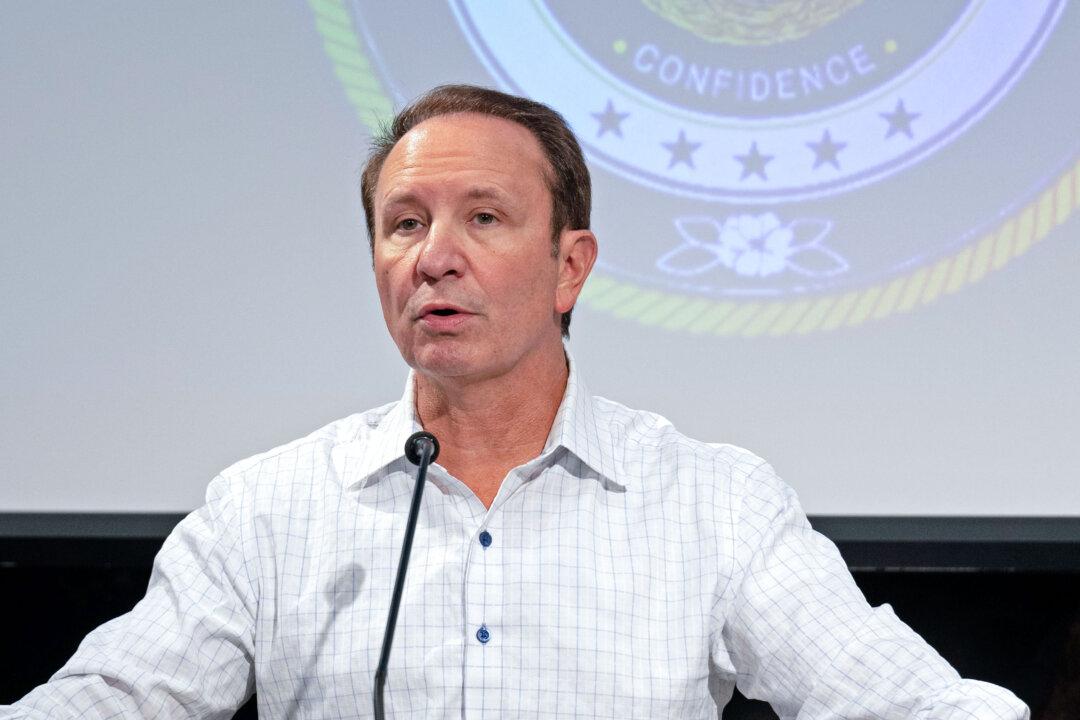The Biden administration on Tuesday unveiled a new rule that constitutes its most extensive attempt to date at restricting illegal immigrants who cross the border to seek asylum in the United States.
Migrants who enter the United States illegally, or who fail to seek protection in countries they pass through en route to the United States, would automatically be considered ineligible for asylum, unless they qualify for certain exceptions, according to the new rule published on Feb. 21 on the Department of Homeland Security (DHS) website.





